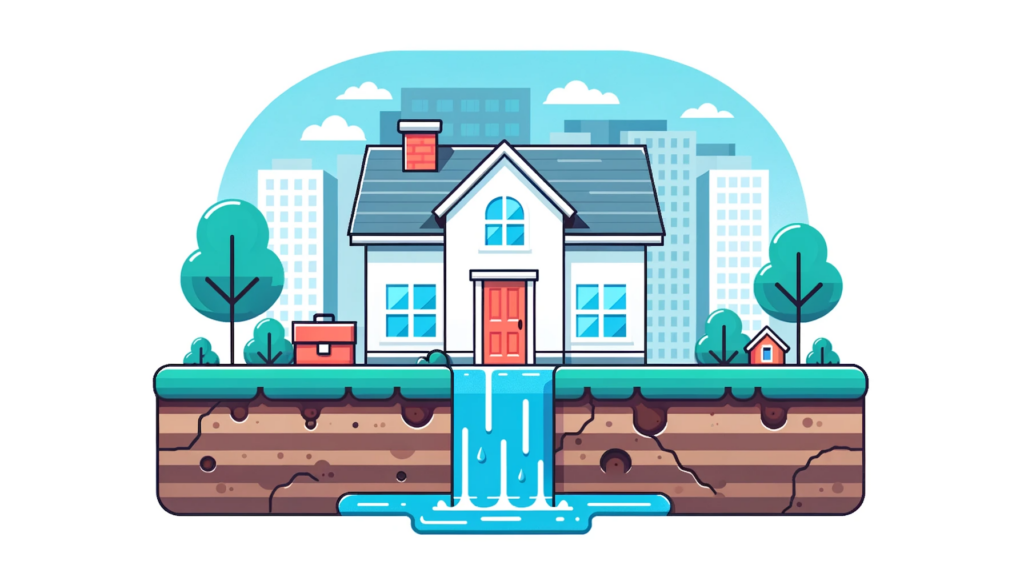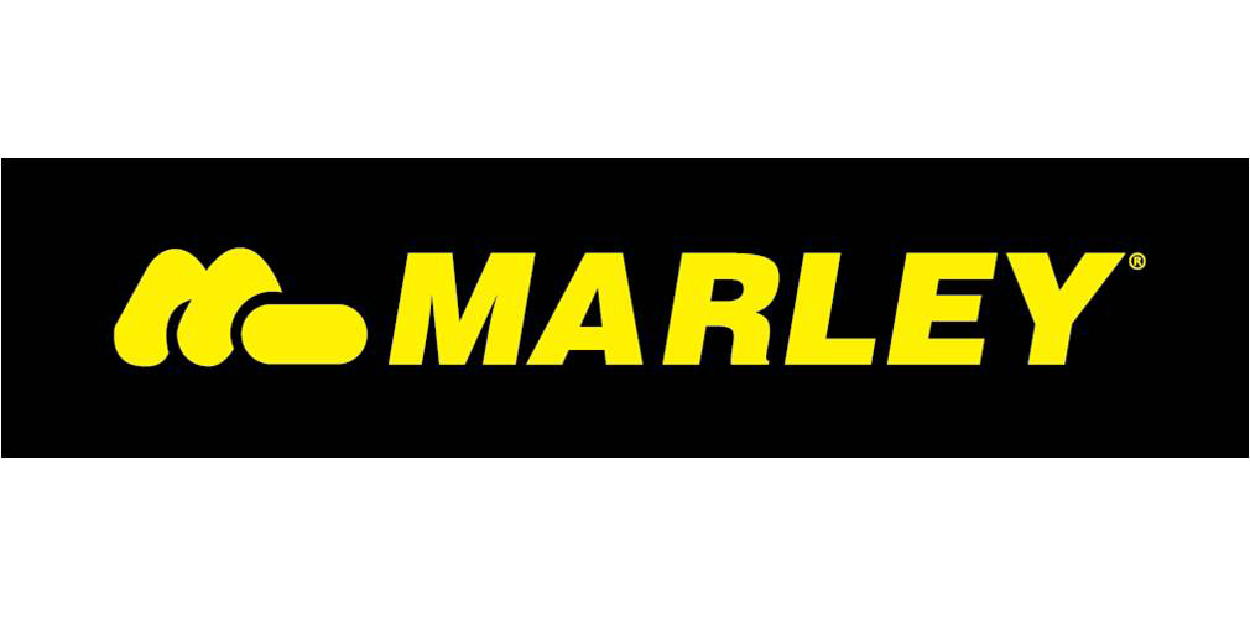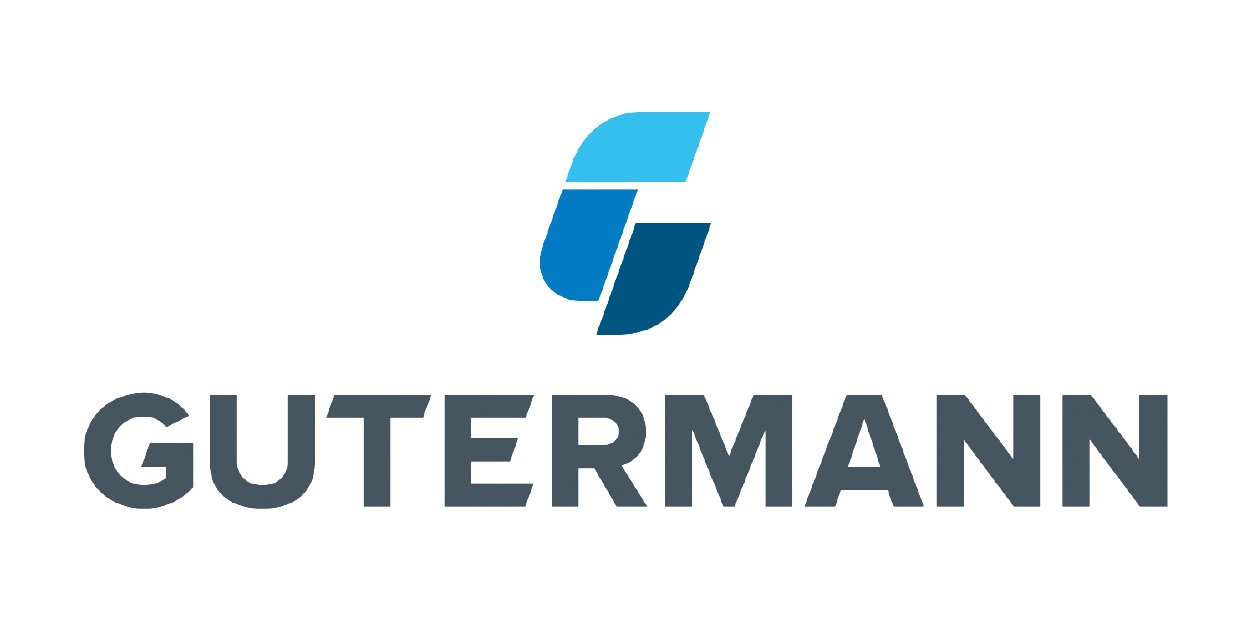
Call Today 09 973 4973 or
Gas Solutions for Commercial Kitchens
In New Zealand, commercial kitchens rely heavily on gas solutions for their cooking needs, valuing the control, efficiency, and reliability that gas provides. From restaurants in Auckland to cafes in Queenstown, the choice of gas appliances and systems plays a crucial role in the culinary efficiency and operational success of these establishments. Understanding the specific needs and regulations of New Zealand’s food service industry is essential when implementing or upgrading gas solutions in commercial kitchens.
Control and Efficiency
Gas cooking offers unparalleled control over cooking temperatures, allowing chefs to adjust the heat instantly and precisely. This level of control is essential in a commercial setting, where the consistency and quality of food can define a business’s reputation. Gas appliances tend to heat up quicker and cool down faster than their electric counterparts, contributing to a more efficient and responsive cooking environment. This efficiency is not only beneficial for culinary outcomes but also for managing energy costs, a significant consideration for any commercial kitchen in New Zealand.
Reliability and Availability
Gas is known for its reliability; unlike electric power, which can be subject to outages, gas supply is typically more stable, ensuring that commercial kitchens can operate without interruption. This reliability is particularly valued in New Zealand, where remote locations might experience more frequent electrical disruptions. Additionally, the widespread availability of natural gas and LPG (liquefied petroleum gas) in New Zealand makes it a convenient choice for businesses across the country, including those in areas not serviced by natural gas pipelines.
Compliance with New Zealand Regulations
In New Zealand, commercial kitchens must comply with specific health and safety regulations, including those related to gas installations and appliances. The Gas (Safety and Measurement) Regulations 2010 outline the standards and requirements for gas work, ensuring that installations are safe, efficient, and environmentally responsible. Commercial kitchens need to work with licensed gas fitters who are familiar with these regulations and can ensure that all gas solutions meet the required standards. Regular inspections and maintenance are also mandated to uphold safety and compliance.
Sustainability Considerations
With an increasing focus on sustainability, New Zealand commercial kitchens are also considering the environmental impact of their gas solutions. Choosing energy-efficient gas appliances can significantly reduce a kitchen’s carbon footprint, aligning with New Zealand’s broader environmental goals. Additionally, some businesses opt for biogas solutions, which offer a renewable alternative to conventional natural gas, further enhancing their sustainability credentials.
Customised Solutions for Diverse Needs
Commercial kitchens vary widely in their size, scope, and culinary focus, necessitating customised gas solutions. A small cafe may require a simple gas range and oven, while a large restaurant might need an extensive setup with multiple cooktops, grills, and ovens. Suppliers and installers in New Zealand offer a range of products and services tailored to these diverse needs, ensuring that each kitchen can find the gas solutions that best fit its operational requirements.
Gas solutions are a cornerstone of commercial kitchens in New Zealand, offering the control, efficiency, and reliability that these businesses depend on. By adhering to New Zealand’s regulatory standards and embracing sustainable practices, commercial kitchens can ensure that their gas installations contribute to their success while also aligning with the country’s environmental and safety objectives.
Suppliers




